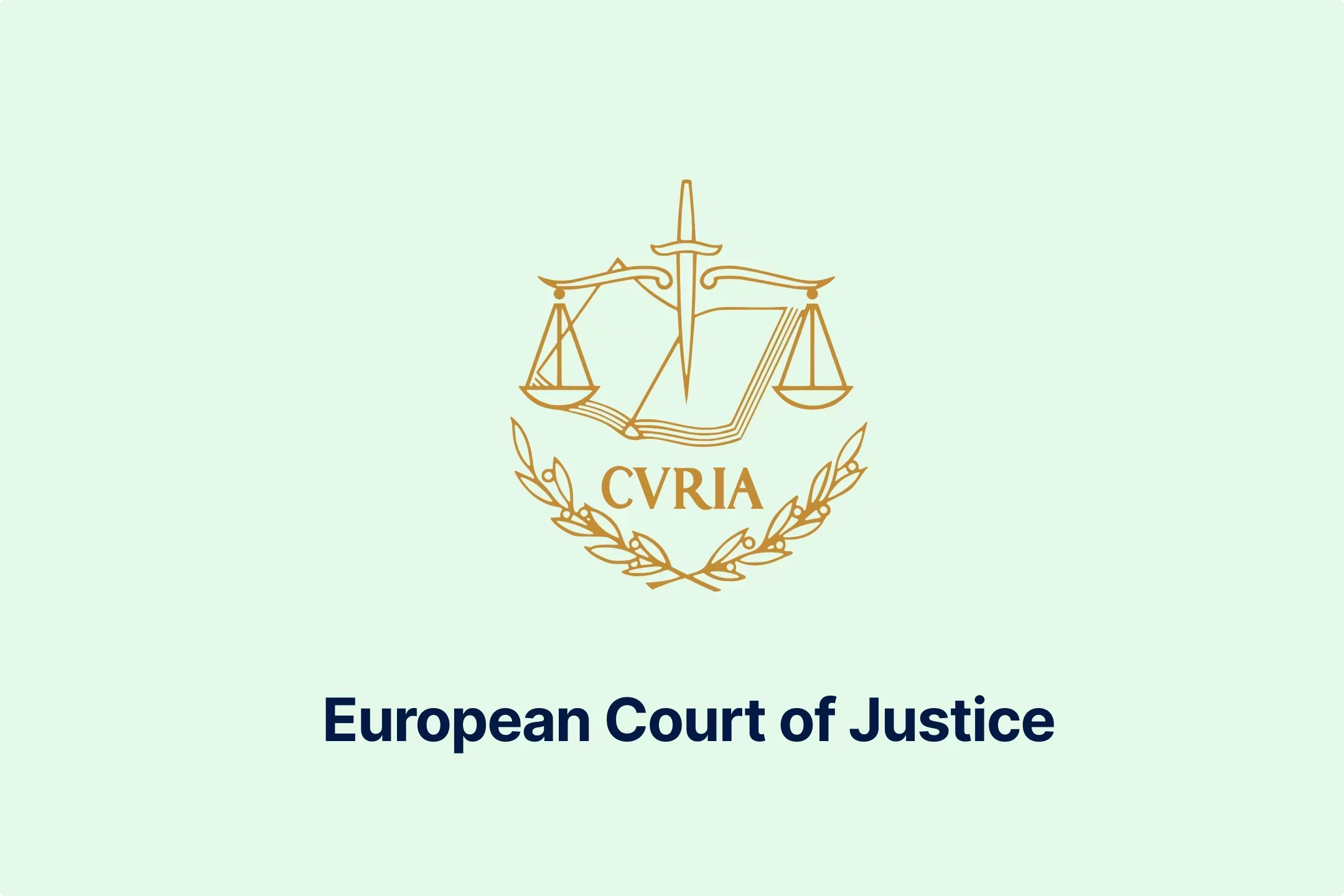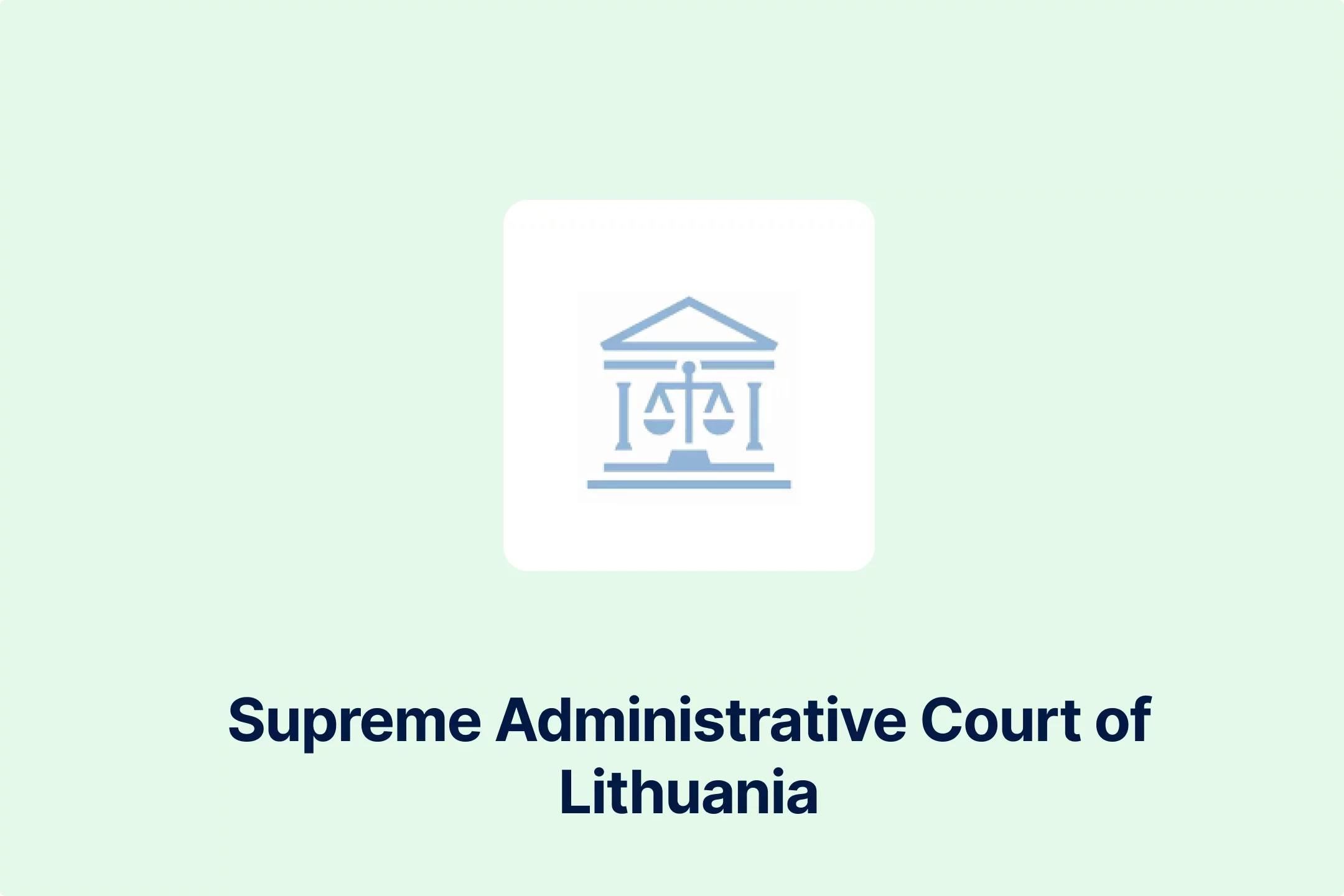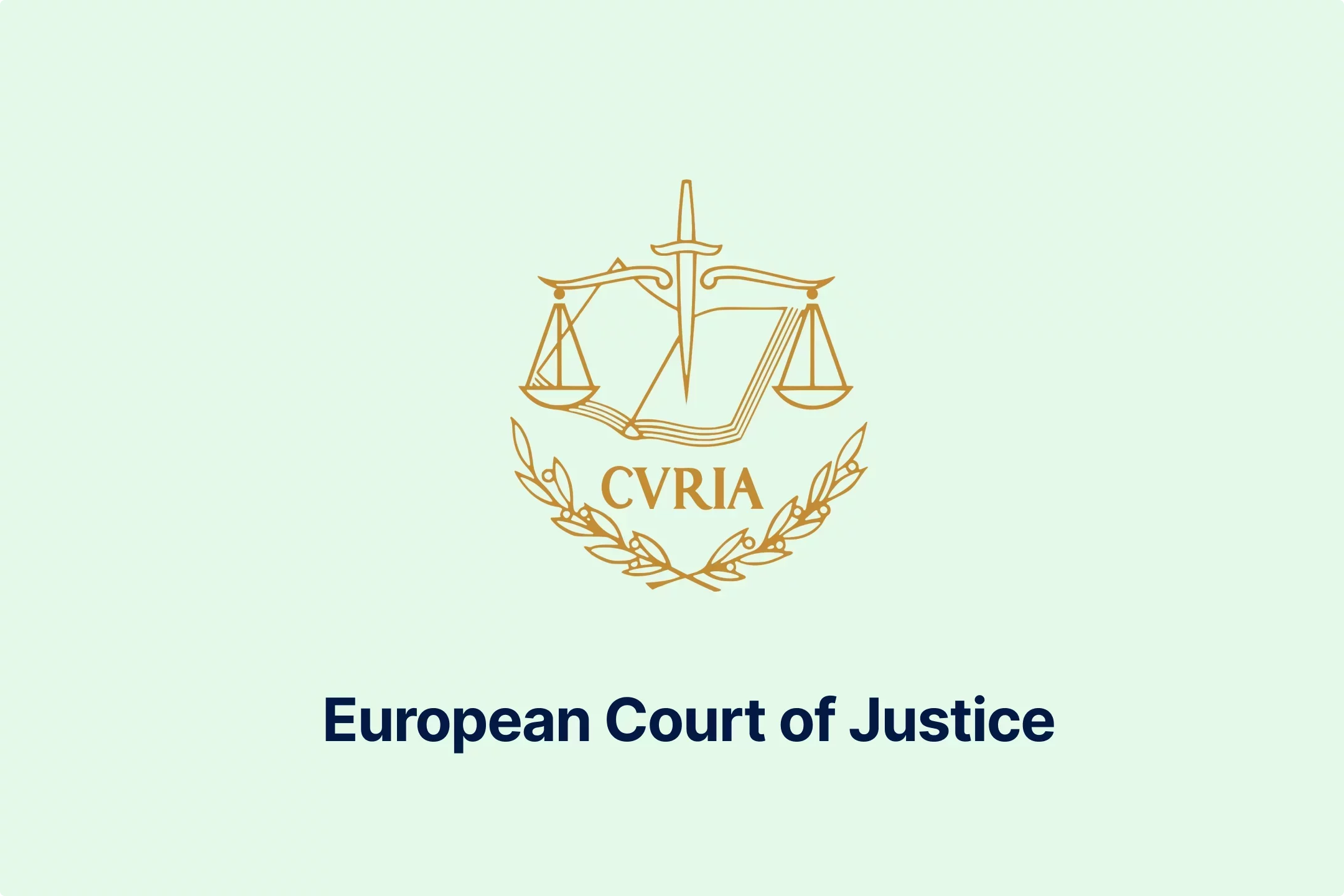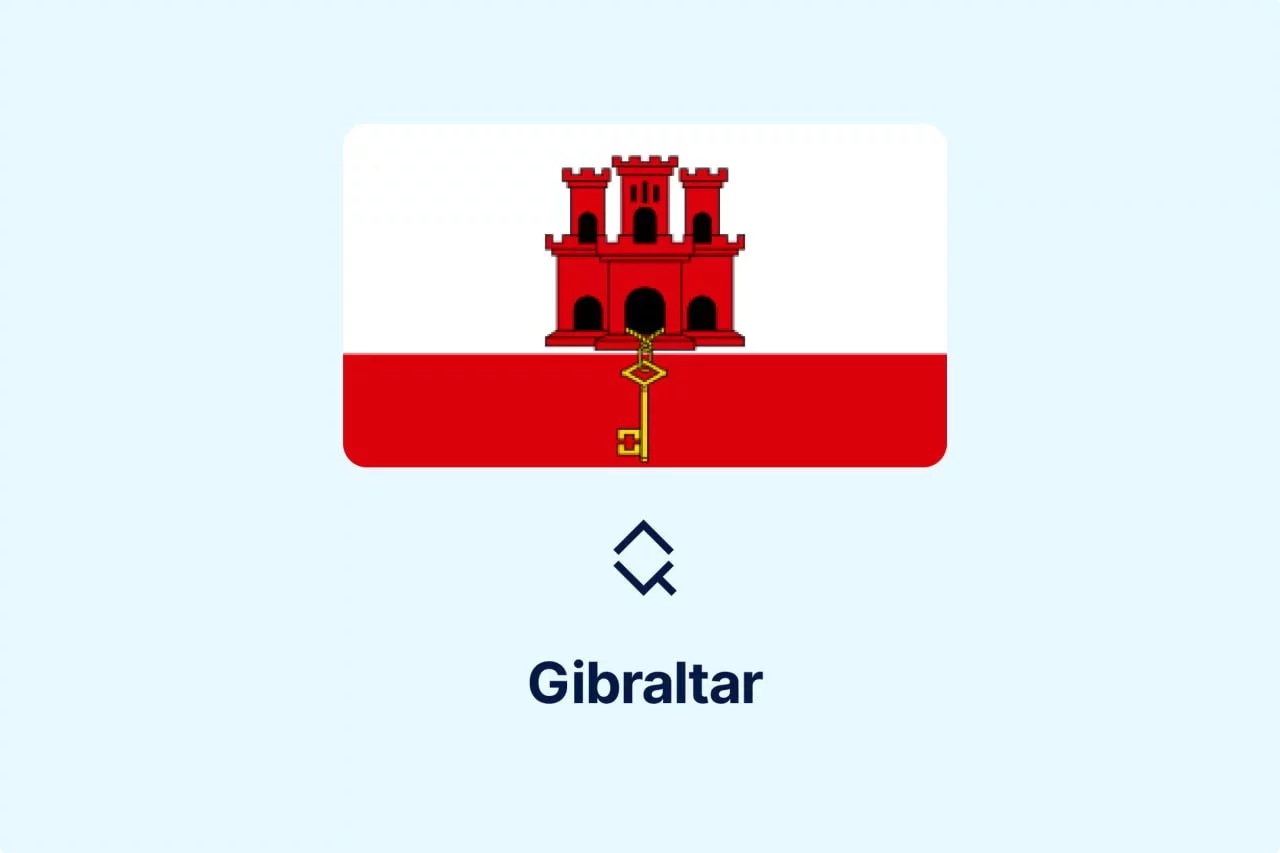EU - Future of the VAT in the Digital Age Package Remains Uncertain

Although it was expected that after more than two years, the EU VAT in the Digital Age (ViDA) three-pillar reform package could finally be adopted at the Economic and Financial Affairs Council (ECOFIN) meeting on June 21, 2024, the final result remains the same.
Uniformity couldn’t be achieved in the framework of the Platform Economy. The Belgian Presidency of the EU Council has not brought the expected outcome.
Main Roadblock For ViDA Adoption
Estonia vetoed the agreement, as it did at the previous ECOFIN gathering. It opposed introducing the 'deemed supplier' rules for the platform economy in the transport and accommodation sectors.
The Estonian Minister of Finance repeated that he cannot agree with the taxability rule for SMEs that aren’t registered for VAT. The proposed provision looks to introduce VAT liability for all SMEs operating through digital platforms in these sectors, even if these persons aren’t registered for VAT in the first place.
Furthermore, the Estonian MoF expressed his worries that this rule could lead to a gray zone and loss of transparency provided by digital platforms, as SMEs would look for other solutions to avoid paying VAT. Additionally, the Estonian MoF stated that should this rule be implemented, it would add an administrative burden to the SMEs.
The Estonian MoF added that Estonia offered a different approach to settling this issue: implementing the deemed supplier rule as optional for Member States. However, this suggestion was not accepted, thus leaving the responsibility for finding a solution for the new Hungarian presidency, which will start its six-month term on July 1, 2024.
Contrary to Estonia's stance, other Member States supported the proposed ViDA package and the efforts to reach compromised solutions, emphasizing its importance in combating tax fraud and increasing revenue.
Conclusion
It remains to be seen whether a compromised solution will be found in the future and whether a political consensus will be reached during a Hungarian presidency of the Council. Some Member States, like Spain and France, showed a willingness to consider Estonia's proposal for the optional implementation of the deemed supplier rule in order for this package to be adopted and its implementation to be pushed forward.

Featured Insights

Burkina Faso FEC E-Invoicing Mandatory July 2026
🕝 February 24, 2026More News from Europe
Get real-time updates and developments from around the world, keeping you informed and prepared.

EU Law Primacy in VAT: ECJ Rules on Hungarian National Practice

Appstore VAT Ruling: Who owns your In-App Purchase tax? C-101/24

VAT Treatment of EU-Funded Projects for Non-Profit Associations

Right to Deduct VAT on Fixed Asset Reconstruction: Court Ruling
-7xsxxoypnx.webp)
Italy’s EUR 1 Billion VAT Dispute with Meta, X, and LinkedIn Explained
-l0zcrrzvhb.webp)
EU 5% Digital Service Tax Could Generate EUR 37.5 Billion: CEPS Study

Restrictions on VAT Deduction: Key Legal Cases & Compliance Insights
-qsozqjwle2.webp)
EU Parliament Approves ViDA: VAT Reforms & Digital Tax Compliance

-e9lcpxl5nq.webp)




-zzrhegqsyq.webp)

-ulcnia30z1.webp)



-3rcczziozt.webp)

-rvskhoqpms.webp)




-a5mkrjbira.webp)

-ivkzc1pwr4.webp)




-hssrwb5osg.webp)



-c06xa1wopr.webp)









-webajrr4ny.webp)
-evibmwdwcn.webp)
-7acdre0hop.webp)

-lcgcyghaer.webp)
-ol6mdkdowg.webp)
-aqdwtmzhkd.webp)

-njgdvdxe2u.webp)



-i6rki3jbad.webp)
-hdwgtama05.webp)

-atbhy5fyxv.webp)






-zp2n6zixoa.webp)
-oa1ynbm4sn.webp)

-lltkno6txy.webp)



-do38odrqnq.webp)

-t409oldqzt.webp)

-hordopb6xh.webp)

-ooimnrbete.webp)

-lwb5qpsily.webp)


-eumafizrhm.webp)

-mtqp3va9gb.webp)

-3ewrn1yvfa.webp)
-591j35flz2.webp)

-huj3cam1de.webp)


-hafis0ii23.webp)

-qseaw5zmcy.webp)



-qzsah2ifqx.webp)

-69rzooghib.webp)
-wrvng98m0g.webp)


-psucycuxh2.webp)
-klyo8bn5lc.webp)




-6wv5h5eyyd.webp)
-tfgg78rbid.webp)
-a6jpv9ny8v.webp)
-qhdbapy0qr.webp)

-owvu7zoc13.webp)


-h28jrh1ukm.webp)

-wl9bl1rw3a.webp)

-2w76jtvtuk.webp)

-c0uvrmrq9j.webp)



-pofe7ucwz3.webp)



-5cc23ezxyf.webp)
-rrmabbekeb.webp)







-iyyeiabtaf.webp)
-c8rbjkcs01.webp)
-nilkffjhah.webp)

-hikakq55ae.webp)

-z1d60bldtg.webp)
-d1a0q6n7mp.webp)
-viip8nvoeh.webp)
-bvv1otliox.webp)



-de8hdb1bn3.webp)

-cm0opezg73.webp)
-0tovsdupmi.webp)
-subxdamdj6.webp)


-gly6ablwnh.webp)
-gkduqhwbzh.webp)
-qpe1ld9vcj.webp)
-8noukwsmba.webp)
-aka29tuhkt.webp)


-fisvs27yrp.webp)


-mp0jakanyb.webp)

-aivzsuryuq.webp)



-o7f4ogsy06.webp)

-zjja92wdje.webp)
-hrbhdts8ry.webp)
-qtdkwpgkug.webp)


-cf8ccgah0p.webp)
-0em3cif5s6.webp)






-ptzesl0kij.webp)

-tfzv42pyms.webp)







-uodv7sfbih.webp)
-bbrdfmm9qf.webp)



-m2tl8crfqr.webp)




-1awbqjgpjs.webp)
-avbjsn1k1g.webp)


-0h8ohkx6s0.webp)



-wfmqhtc7i6.webp)
-7wljbof2zo.webp)

-eqt97uyekl.webp)
-wzw9mcf563.webp)

-z4oxr6i0zd.webp)




-fhtic1pwml.webp)

-iipdguuz9p.webp)
-nkhhwrnggm.webp)
-pltqwerr3w.webp)

-nn6mtfbneq.webp)

-tmnklelfku.webp)



-8z1msbdibu.webp)
-7g16lgggrv.webp)



-lxcwgtzitc.webp)
-9mc55kqwtx.webp)


-xla7j3cxwz.webp)
-jrdryw2eil.webp)





-t9qr49xs2u.webp)


-qjopq5jplv.webp)



-vune1zdqex.webp)

-rgjta7iwiv.webp)

-zb6bxxws47.webp)
-lyfjzw4okp.webp)

-ogpfmol5m1.png)


-czisebympl.png)

-zetvivc79v.png)
-ud7ylvkade.png)
-qizq6w2v5z.png)







-ihr6b4mpo1.webp)
-k1j4au0ph6.webp)
-swxxcatugi.webp)


-ig9tutqopw.webp)

-tauoa6ziym.webp)

-spr0wydvvg.webp)
-xfuognajem.webp)





-u2nv5luoqc.webp)








-opuxpan2iu.webp)




-kwttsfd8ow.webp)
-8u14qi10nj.webp)

-wjpr96aq5g.webp)

.png)

.png)


.png)


.png)



.png)
.png)
.png)
.png)
.png)

.png)
.png)




.png)
.png)



































































































































